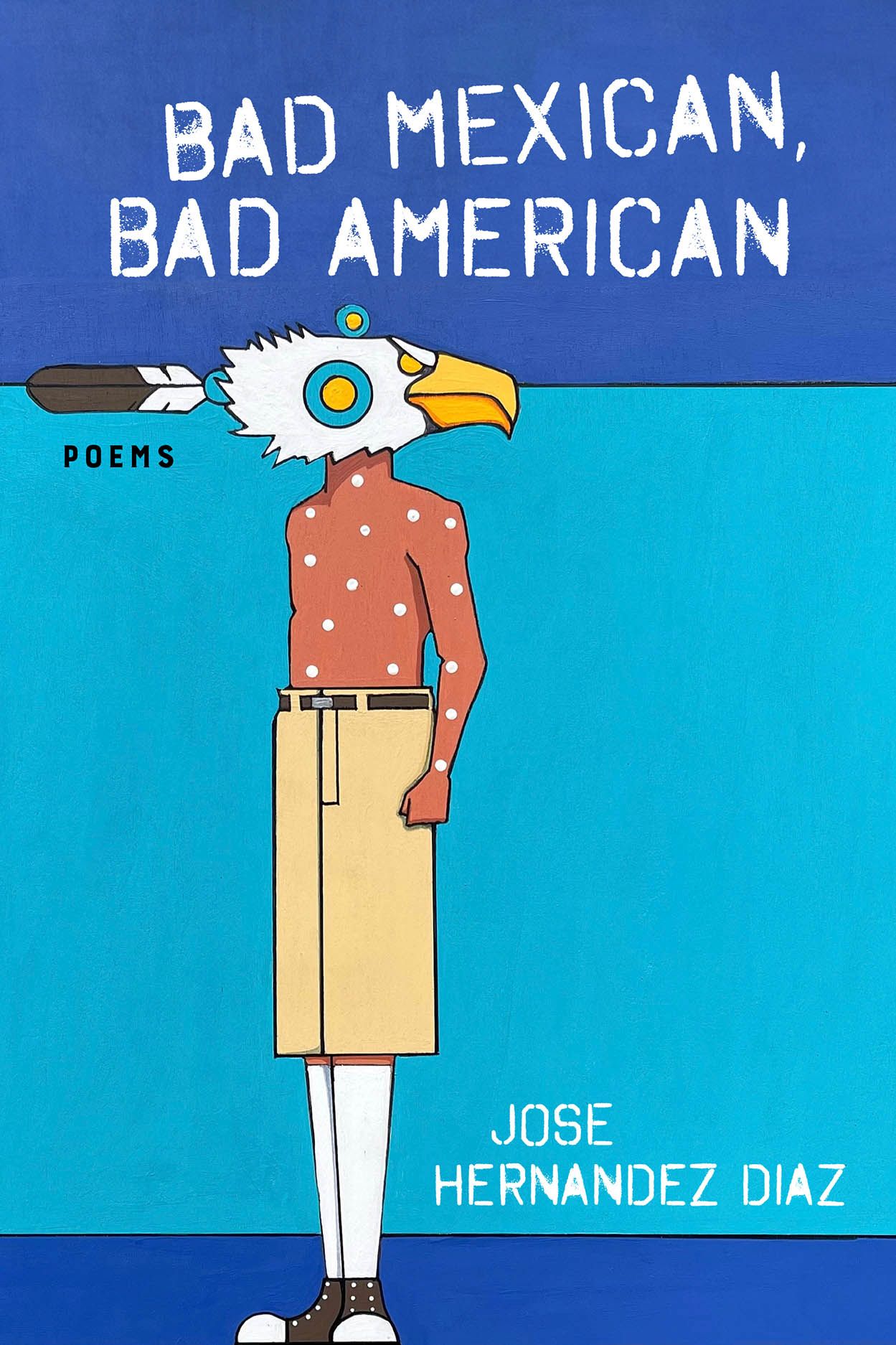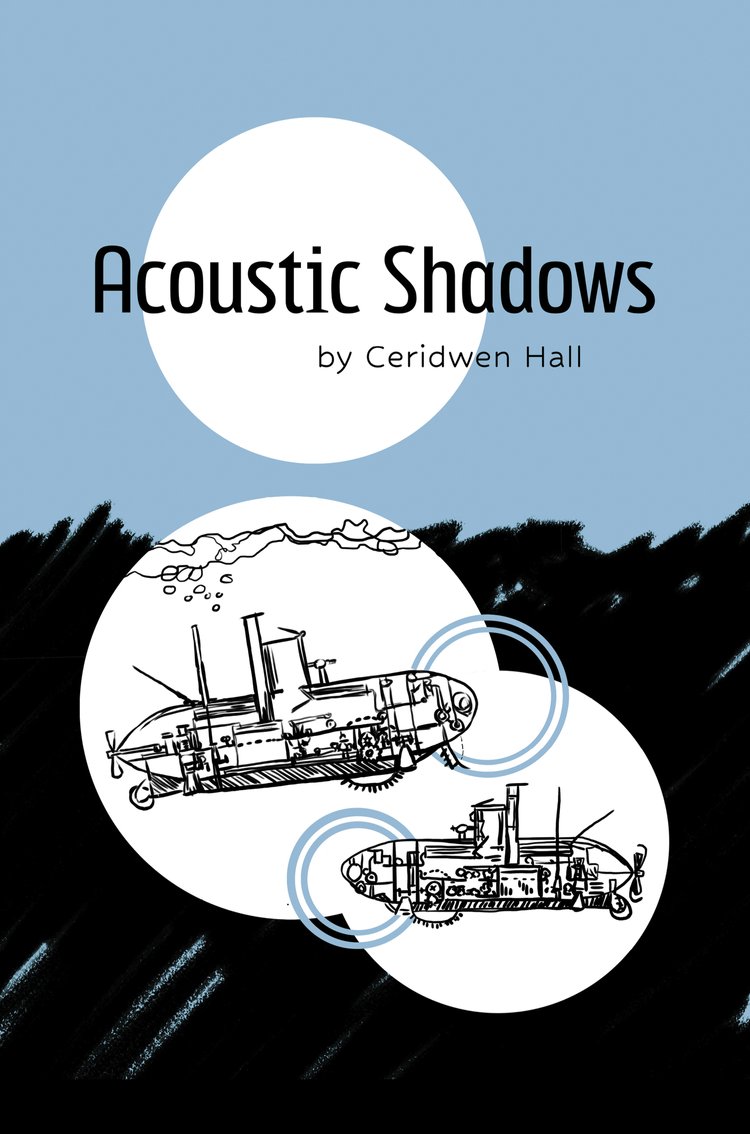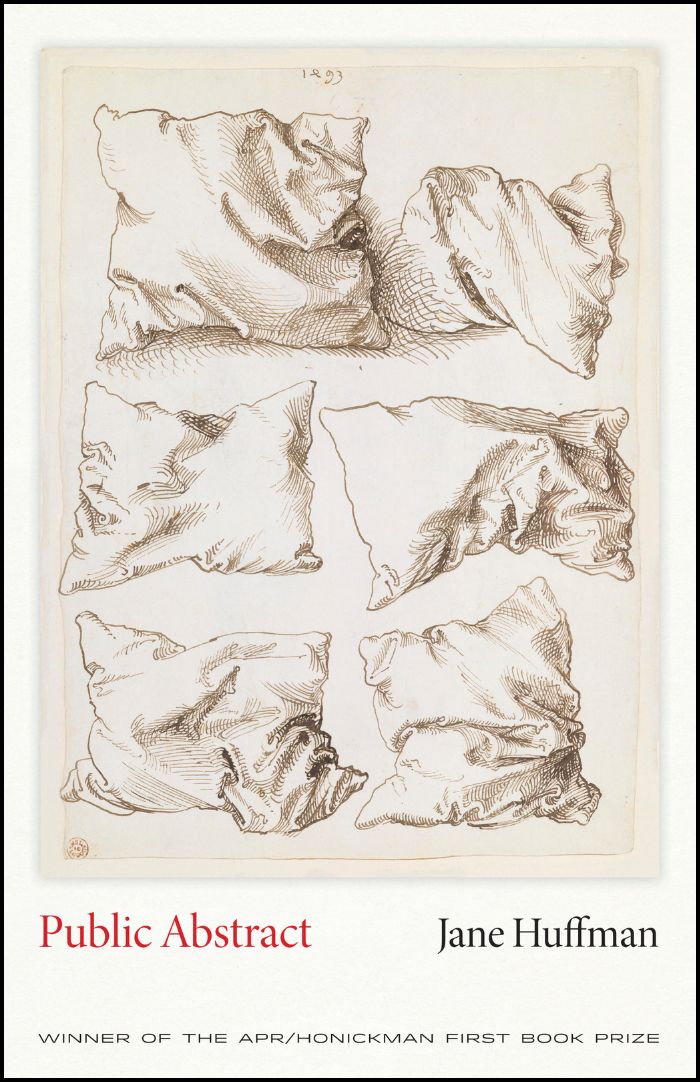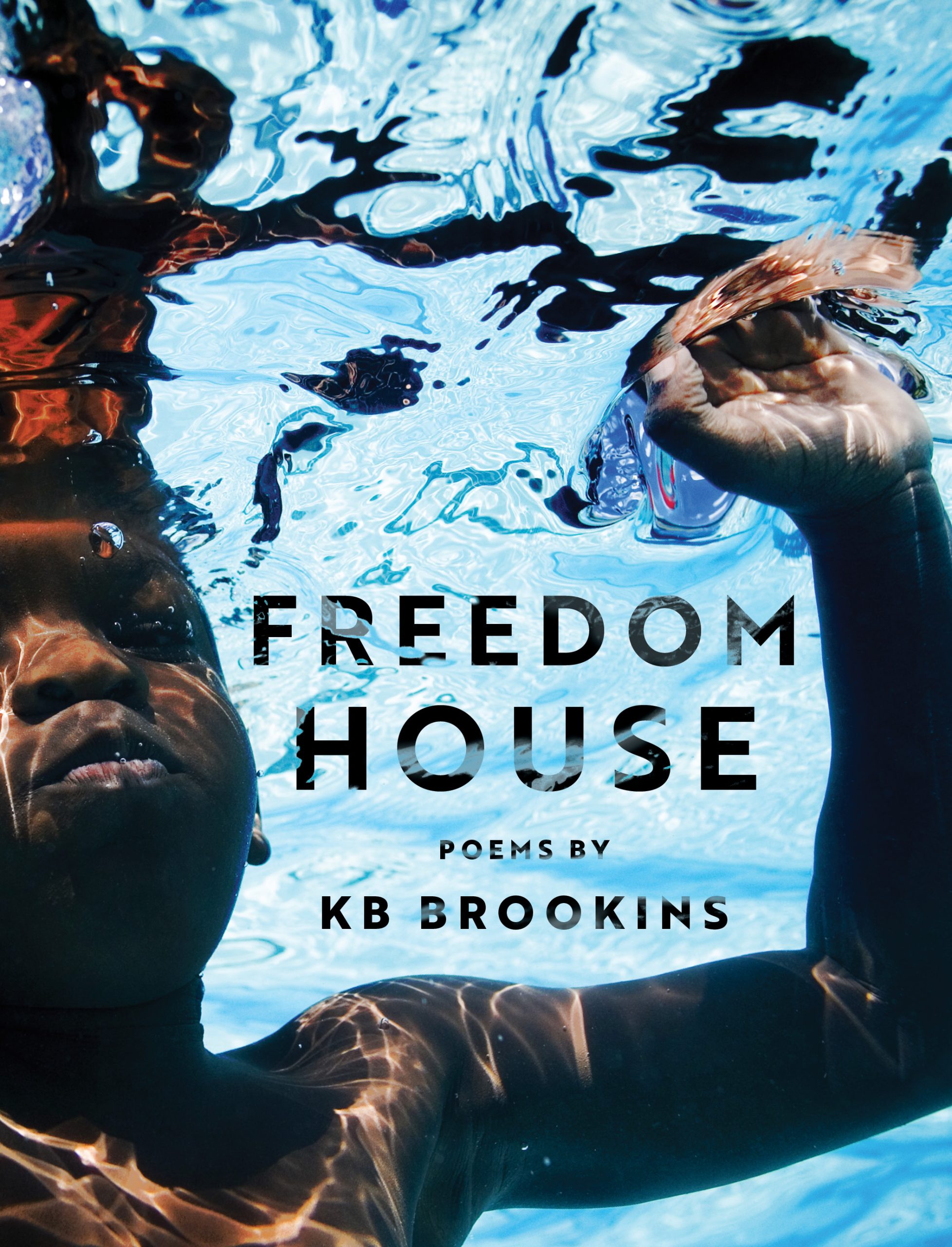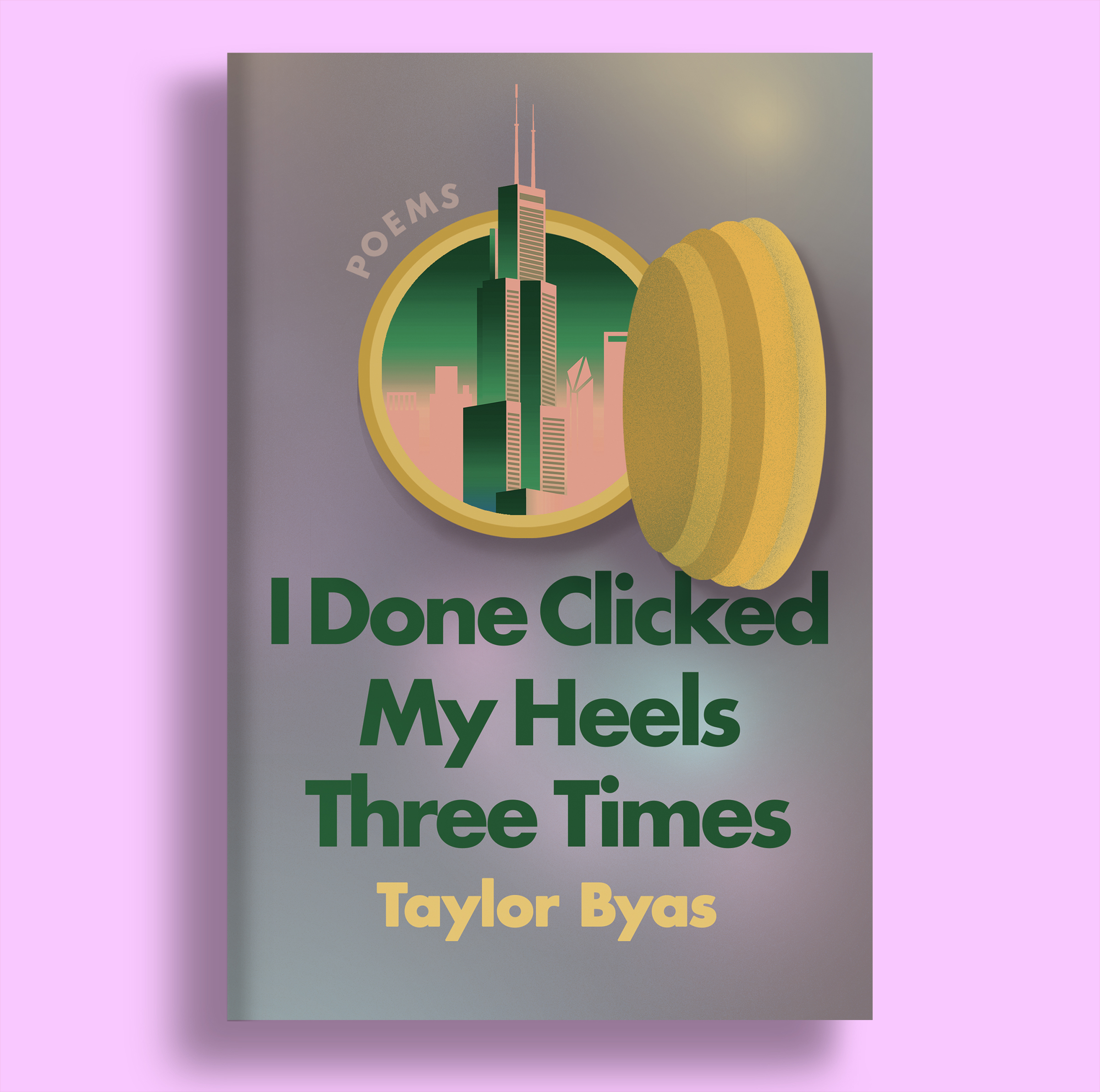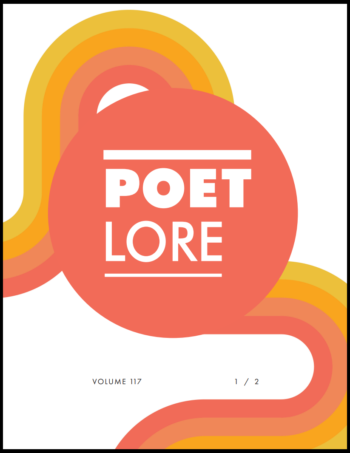Volume 116 Winter/Spring 2022 Guest Editor’s Note

The Versatility of Punctuation
There’s an episode of the Simpson’s in which Bart, “the devil’s cabana boy” in the words of his sister, falls in love with Jessica (Reverend Lovejoy’s niece) who, like Lady MacBeth—innocent flower and serpent under it—feeds the worst of Bart’s own inclinations, leading to a scene in which they both stand atop the steepest hill in Springfield and prepare to launch themselves on skateboard down it, all the while Bart nervously, if just barely, maintains his balance, spinning and rolling like a flicked-coin, through oil slick from ruptured tank, and ball bearing spill from a toppled dump truck, he breathes a sigh of relief thinking maybe there’s a chance he’ll actually survive this, and spotting a tank truck carrying glue (a too-soon-counted blessing) is hopeful the viscosity will help him reduce his momentum, but the tank is merely dented, so Bart continues down his glorious-thrilling-totally-doomed-path and the audience having witnessed him endure all of these trials is confronted with an abrupt screen cut: it’s a super close-up of an unsuspecting ant hauling the bounty of a sunflower seed over its little body in triumph—until, that is, Bart meets his inevitable fate; the kernel launches him into the air; he tumbles Jack-and-Jill style; we only see his body in silhouette making contact intermittently—head, back, face, head, back—with the hill, also in silhouette, against a serenely blue sky; and, after landing facedown, and after righting his face upward, is subsumed in an avalanche of glue, which, as it turns out, did spill after all, and is indeed the perfect decelerating medium, as Jessica cooley rolls up next to Bart’s utterly defeated body and says “fun, huh?,” to which Bart responds by gurgling bubbles of glue, like an ellipses…
My sunflower kernel was a semicolon submitted to my graduate school workshop and placed between the lines “To sigh is to step on a flower” and “to flower is to open wide.” There was much debate about the appropriateness of a ; in a poem. Too hard of an end stop. Too little to merit. Too much to break a line on, much less a stanza. Belonging to the realm of rhetoric and composition. Not poetic. And so on. Even a “You know what Cormac McCarty says about punctuation, right? You shouldn’t rely on it to do what your writing isn’t.” The Bart Simpson in me—or maybe the Jessica Lovejoy?—quiet naturally, was provoked into doing the exact opposite. I have been tumbling down the hill ever since. (Honestly, I don’t know if this comparison works—and I don’t care. I just wanted to play with punctuation and I thought it would be cool to slide in a Shakespeare reference next to a Simpson’s one).
If I haven’t lost you by now, this folio is for you. The poems you are about to read speed down the hill, trip you, cover you in glue, and ask you if you’re having fun yet. These poets take daring risks testing the versatility of punctuation, which, like it or not, is (Cormac McCarthy, I’m talking to you) more than mere marks blotting the page. Punctuation is language. These “little marks” may not be words, but like words, they can create meaning. And while skeptics might be tempted to dismiss some of these uses as “experimental” or gimmicky, the poets here are engaging with a rich literary tradition of using punctuation to enrich the experience of their poems. In these poems you may find echoes of contemporary writers, like Natalie Scenters-Zapico, Danez Smith, Dana Levin, Alice Fulton, as well as literary ancestors, like A. R. Ammons, Louis Zukofsky, Robert Creeley, and Emily Dickinson.
My hope is that this collection of poems might encourage writers to consider the possibilities of punctuation, whether it’s exceptional use of traditional employment or seemingly bonkers at-first-glance usage. One of my favorite pairings in this folio is Liza Flum’s “Rock: Paper: Scissors” and Imani Davis’ “THE LIQUOURICE BITCH HEAR’S RIHANNA’S KISS IT BETTER AND DECIDES TO LIVE AGAIN.” Both of these wonderful poets are writing on the same subject—a desire to live outweighing the desire to not—but as is evident even in just their titles, they are wildly different in tone. And, of course, in their use of punctuation. In Devon Walker-Figueroa’s “Paris Green,” we have a poem written in the first person but lacking the pronoun I, which is made possible by a clever and skillful use of the colon. Honestly, this has so many interesting effects in the poem, you really should read this one out loud (side note: the colon is literally one of the body parts important to the poem—what?!). In Suzanne Richardson’s “THE FIRST MONSTER I SAW WANT SOMETHING WAS JAWS <<,” her use of < keeps adding new layer upon layer of association and meaning. They’re caesuras, no they’re mouths, no they’re teeth, no they’re fins, no they’re teeth, no they’re waves, no they’re mouths, no they’re less-thans, no they’re less than less-thans.
I could go on, and so I will: in Justin Janice’s “≈ Almost Equal To,” the mathematical symbol that indicates an approximate answer serves as metaphor, and as dinkus, and then also becomes reminiscent of kelp, and tentacles, and hair, and sound waves moving through water. Maybe I’m reading too much into things, but hey, I’m a poet [insert shrug emoji]. So I see it as magic when a ‘ can become a crow, or a simple ’ can make me see patriarchal violence in a new light. A forward slash can become an incision and a stitch in a crown of collapsed sonnets. Some of these poets may not even use punctuation in the way we normally understand. But, damn it, I love how some of these poems demonstrate how sound or line breaks, two of a poet’s main hallmarks, can provide an alternate punctuation.
If you enter this folio as a skeptic, enter with a perfect skepticism: of novel uses, but also of tradition. You might, as Marianne Moore would say, find a place for the genuine—and fun.
-Benjamin Garcia
Benjamin Garcia’s first collection, THROWN IN THE THROAT (Milkweed Editions), was selected by Kazim Ali for the 2019 National Poetry Series. He works as a sexual health and harm reduction educator in New York’s Finger Lakes region, where he received the Jill Gonzalez Health Educator Award recognizing contributions to HIV treatment and prevention. A CantoMundo and Lambda Literary fellow, he serves as core faculty at Alma College’s low-residency MFA program. His poems and essays have recently appeared or are forthcoming in: AGNI, American Poetry Review, Best New Poets 2020, Kenyon Review, and New England Review. Find him at benjamingarciapoet.com and @bengarciapoet.
To purchase Volume 116 Winter/Spring 2022 featuring Benjamin’s guest edited folio, click here.

